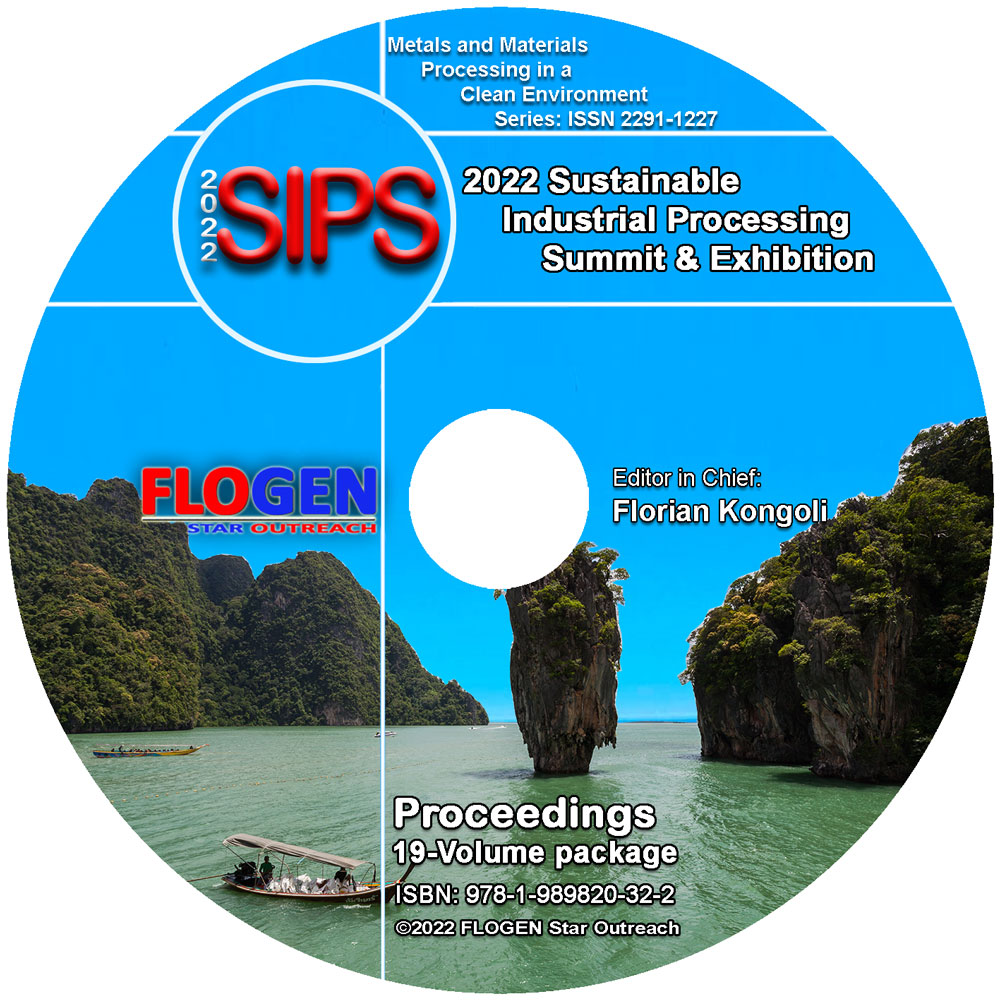2022-Sustainable Industrial Processing Summit
SIPS2022 Volume 10 Nolan Intl. Symp Laws & Their Applications
| Editors: | F. Kongoli, M. McNeil, Y. Hayakawa, M. Dibra. |
| Publisher: | Flogen Star OUTREACH |
| Publication Year: | 2022 |
| Pages: | 126 pages |
| ISBN: | 978-1-989820-52-0 (CD)) |
| ISSN: | 2291-1227 (Metals and Materials Processing in a Clean Environment Series) |

CD shopping page
International Bribery and Corruption, Impacts on Sustainability and International Commerce
Mathew Nolan1;1ARENTFOX SCHIFF LLP, Washington, United States;
Type of Paper: Plenary
Id Paper: 455
Topic: 61
Abstract:
Much has been written over the past decades on the deleterious effects bribery and corruption have on economic development and sustainability. . It comes by many names: bribery, kickbacks, grease, soborno, baksheesh, rusvet, mordida, just to name a few. But regardless of the moniker, the impact is usually the same. Whether it concerns provision of basic public services like electricity, public health, or water, to lost revenue from tax dodgers, to individual firms getting preference on sales or service contracts, bribery often acts as a deadweight loss to social welfare and inhibits growth and often sustainability goals. Even humanitarian aid is not immune. But it is part of the fabric of many countries, despite laws enacted and aggressive international efforts to combat it. In some countries it is viewed as necessary to “get things done” when dealing with underpaid public servants, or as a way to facilitate otherwise valid transactions. But when does a transaction cross over from “facilitating” to “debilitating” for an economy, and do such payments ever really advance sustainability objectives? And, are current laws effective in combatting corruption or is more work needed to maximize growth prospects for developing and developed economies? We will examine these questions and consider impacts of corruption, current anticorruption efforts and the realities of the current global environment.
Keywords:
business corruption;References:
“Is corruption efficiency-enhancing? A case study on nine Central and Eastern European countries”, E. Gamberoni, C. Gartner, C. Giordano and P. Lopez Garcia,Europena Central Bank Working Paper Series No. 1950, August 2016“Why corruption matters:understanding causes effects and how to address them”, UK AID Deprtment of International Development January 2015
Issue Paper on Corruption and Economic Growth”, OECD Issues Paper, 2013 G20 Leaders Summit, St. Petersburg, Russia
International Corruption, Paul Cohen and Arthur Marriott QC, 2010
“Corruption and Inefficiency: Theory and Evidence from Electric Utilities”, Ernesto Dal Bo and Martin A. Rossi, Journal of Public Economics, June 2007.
Good Intentions Corrupted: The Oil- for-Food Scandal and the Threat to the U.N., Jeffrey Mayer and Mark Califano, 2006.